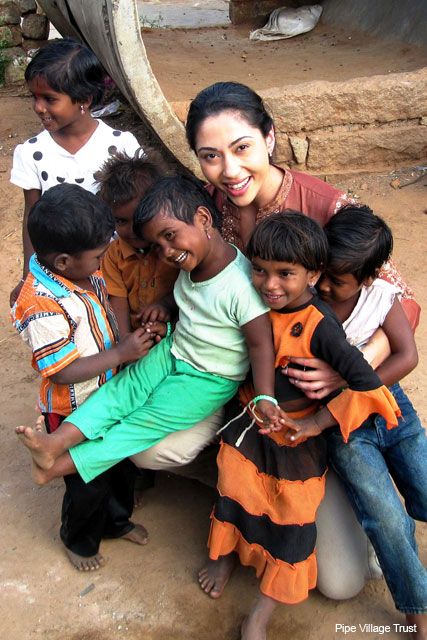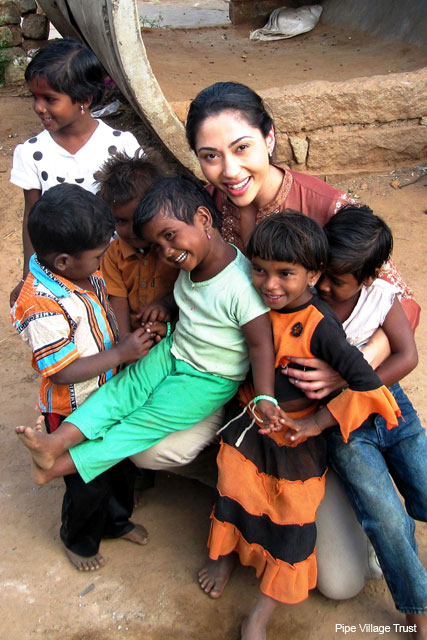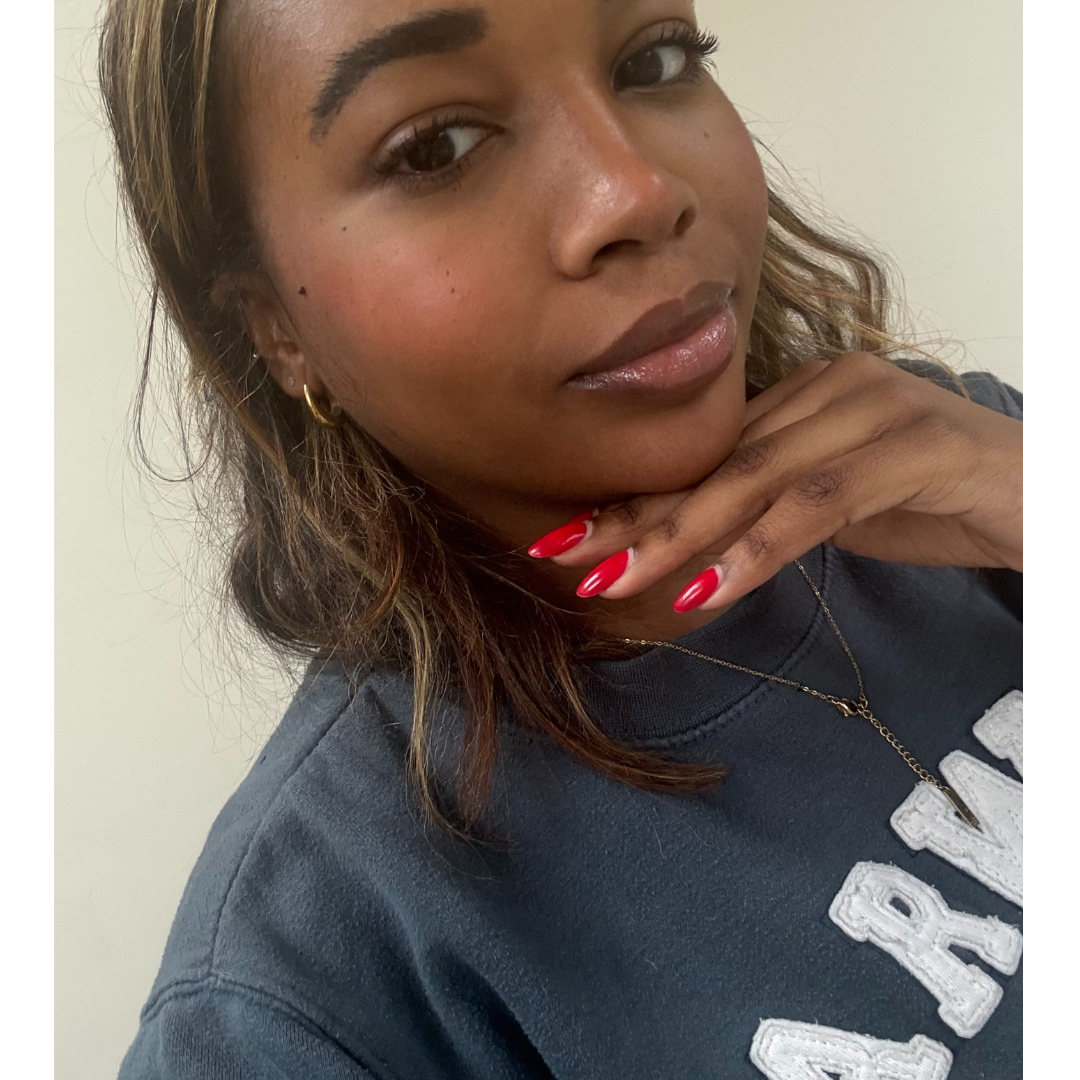India’s Forgotten Women
Every 34 minutes in India a woman is raped, but for the handful of cases that ever make it to court, only 5% are ever prosecuted...

Every 34 minutes in India a woman is raped, but for the handful of cases that ever make it to court, only 5% are ever prosecuted...
Every 34 minutes in India a woman is raped, but for the handful of cases that ever make it to court, only 5% are ever prosecuted.
This month a shocking new documentary, directed by Michael Lawson, sheds light on the exploitation and oppression faced by India’s Dalit women due to their gender, class and position at the bottom of the cruel caste system-a centuries-old hierarchy of social class in to which individuals are born.
Filmed in the towns and villages of Hyderabad, Bengalaru, Belgaum and Mumbai, Anjali Guptara, presenter of the documentary, takes us in to the homes and communities of these women, outlining the issues they face on a daily basis due to India’s ancient yet regimental caste system, which decides their fate before they have even been born.
Through interviews and astonishing footage, Anjali unearths the hidden lives of the Dalit women subject to brutal domestic violence, dowry crime, rape, sex selective abortion, female infanticide, bonded labour, temple prostitution and human trafficking.
She explains, ‘One of the main problems with the issues that we cover is that people think they are historical problems, perhaps even legends and myths.’ The film explores issues of sexual violence with stories of rape by men of higher caste, of police turning a blind eye and the legacy of depression and suicide that follows.
Kishwar Desai, a campaigner for women’s rights in India and author of Witness the Night said, ‘There is a complicity of corruption between the police, judicial system, politicians, media and the uncivil society.’
Marie Claire Newsletter
Celebrity news, beauty, fashion advice, and fascinating features, delivered straight to your inbox!

Presenter Anjali with just a handful of the millions of young girls doomed by their class, caste and gender
Perhaps most disturbing are the scenes of temple prostitution, officially outlawed in 1988, where girls as young as four are sold to priests by desperate parents for financial exchange. By the time these girls are twelve they are used as prostitutes.
Lawson, the film’s producer, director, composer and cameraman added, ‘For growing, economically successful India, in public the Dalits are an embarrassment. In private, the exploitation continues as it has for centuries.’
In the world’s largest democracy, this treatment of women is a contradiction in its highest form. By uncovering the truth, Pipe Village Trust, a small UK film making human rights charity, gives these Dalit women of India a voice, but insists that it is how viewers choose to respond that will determine how long the terrible suffering continues.
The DVD is now available to buy online from the Pipe Village Trust website.
How does this make you feel as a woman? Do you think it is our responsibility to fight for women's rights in India?
Whatever your thoughts, let Marie Claire know by posting a comment below.
-
 I'd never run a marathon before - six years on, I'm one of the UK's fastest female marathoners. Here's how I train every week
I'd never run a marathon before - six years on, I'm one of the UK's fastest female marathoners. Here's how I train every weekSerious inspo, served.
By Ally Head
-
 There’s a big difference between sensitive and *sensitised* skin—here are four derms on the key distinctions
There’s a big difference between sensitive and *sensitised* skin—here are four derms on the key distinctionsPlus, ways to approach both
By Denise Primbet
-
 I'm don't mean to sound dramatic, but honestly every time I wear this blusher I'm bombarded with compliments
I'm don't mean to sound dramatic, but honestly every time I wear this blusher I'm bombarded with complimentsA cheeky glow
By Lollie King